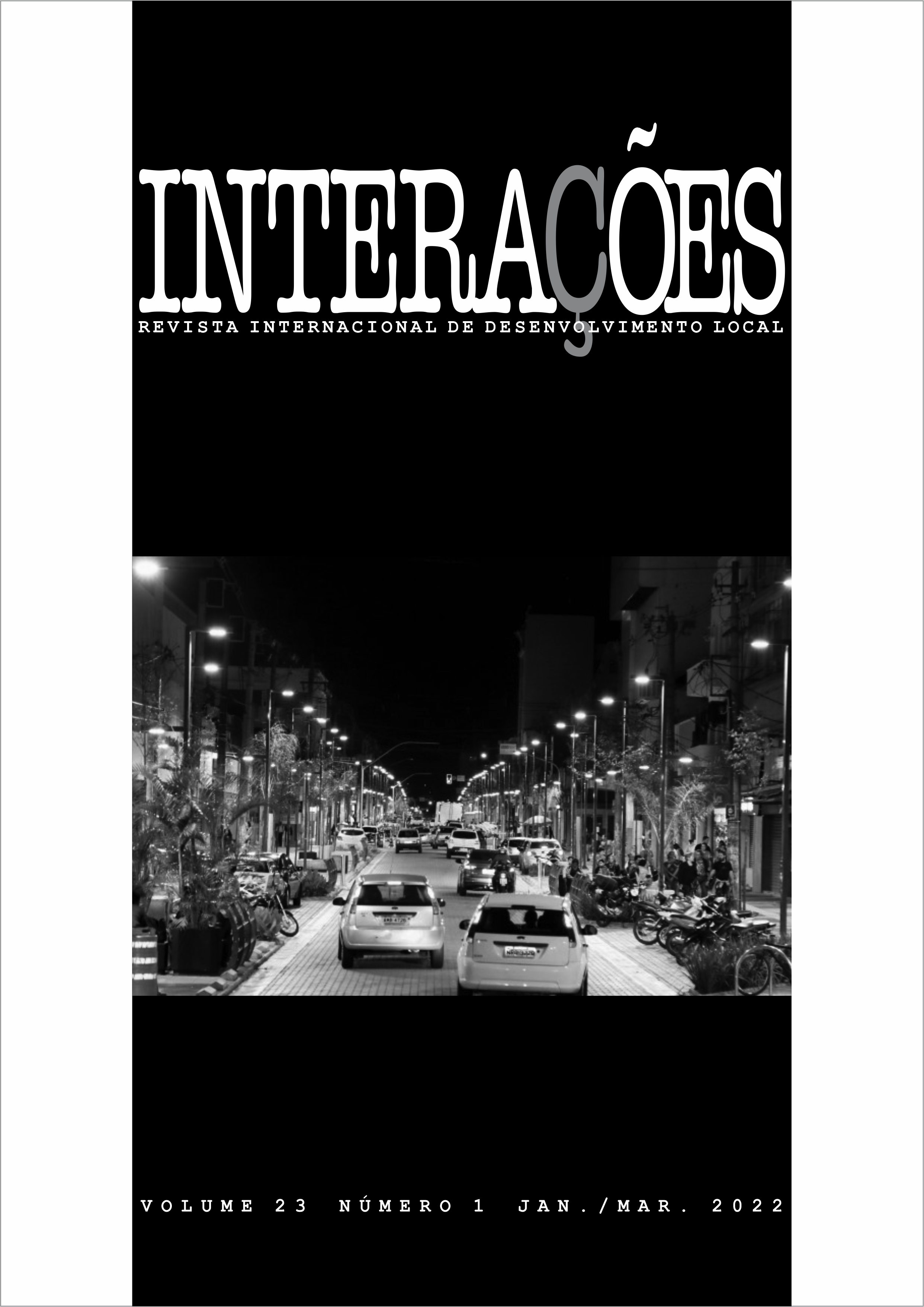O aprendizado da História por meio do patrimônio cultural
Palavras-chave:
patrimônio cultural e ensino de História, aprendizado da História, relação ensino-aprendizagem e livro didático de HistóriaResumo
O presente artigo tem por objetivo discutir a possibilidade do aprendizado da História por meio do uso do patrimônio cultural. Inicia-se perguntando: terá o patrimônio cultural um caráter educativo? Para começar a responder a esse questionamento, procura-se lembrar uma série de produções teóricas que conclamam a necessidade de utilização do patrimônio cultural em sala de aula como forma de ampliação dos sentidos ou da necessidade de levar estudantes em qualquer faixa etária para visitas a museus (inclusive explorando não só as características dos objetos e sua historicidade, mas imergindo nas ações educativas propostas por essas instituições ou aquelas que a estas se assemelham, como os memoriais, os centros culturais, os arquivos públicos, entre outras), ou ainda da utilização da metodologia da Educação Patrimonial como forma de despertar nos educandos a vontade de conhecer os patrimônios que compõem ou que fazem parte do seu passado ou do grupo a que pertencem e, com isso, não somente passem a valorizá-los como também se tornem seus futuros defensores. Este artigo defende o papel educativo do patrimônio cultural, reconhece a importância da temática e da necessidade da sua presença no livro didático de História, elencando uma série de motivos para essa presença, assim como procura discutir a construção de uma ideia e conceituação de patrimônio por faixa etária dos educandos, apontando formas de efetivação desse uso no ensino de história, e, por fim, indica uma série de ganhos para a relação ensino-aprendizagem a partir dessa utilização.
Referências
BENJAMIN, W. O anjo da história. Belo Horizonte: Autêntica Editora, 2012.
BRASIL. Constituição da República Federativa do Brasil. Brasília, DF: Senado Federal: Centro Gráfico, 1988.
CARVALHO, J. J. Os estudos culturais como um movimento de inovação nas humanidades e nas ciências sociais. Cadernos da Escola de Comunicação, Curitiba, v. 1, n. 4, p. 1-17, 2006.
CEVASCO, M. E. Para ler Raymond Williams. São Paulo: Paz e Terra, 2001. 60 p.
HOGGART, R. As utilizações da cultura. Lisboa, PT: Editorial Presença, 1973.
MAGNANI, J. G. C. Pensar grande o patrimônio cultural. Lua Nova – Revista de Cultura e Política, São Paulo, v. 3, n. 2, p. 44-9, dez. 1986.
MATTOZZI, I. Currículo de História e educação para o patrimônio. Educação em Revista, Belo Horizonte, n. 47, p. 135-55, jun. 2008.
RÜSSEN, J. Aprendizagem histórica. Curitiba: WA Editores, 2010.
SANTOS, M. V. M. Nasce a Academia do SPHAN. Revista do Patrimônio Histórico e Artístico Nacional, Rio de Janeiro, n. 24, p. 79-88, 1996.
THOMPSON, E. P. A formação da classe operária inglesa – a maldição de Adão. Rio de Janeiro: Editora Paz e Terra, 1988.
Downloads
Publicado
Como Citar
Edição
Seção
Licença
Direitos Autorais para artigos publicados nesta revista são do autor, com direitos de primeira publicação para a revista. Em virtude de aparecerem nesta revista de acesso público, os artigos são de uso gratuito, com atribuições próprias, em aplicações educacionais e não-comerciais.


